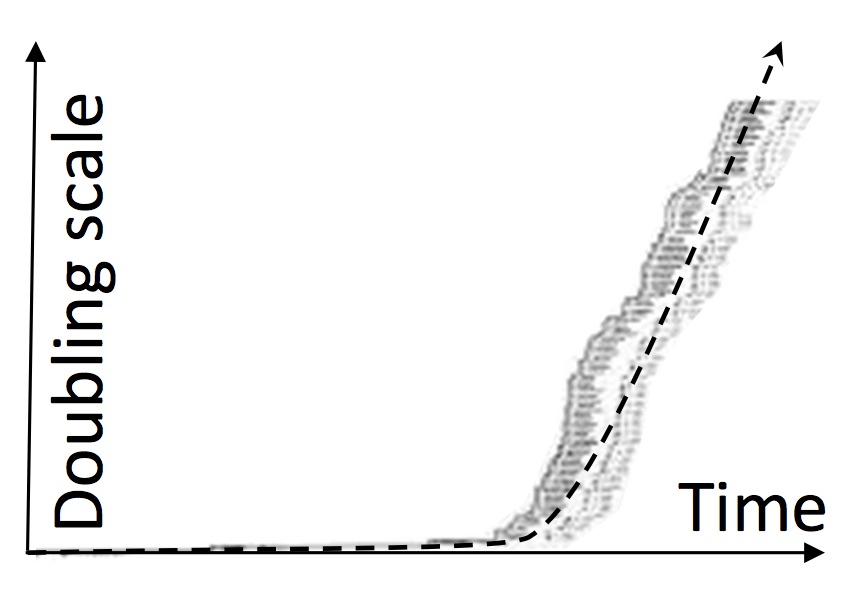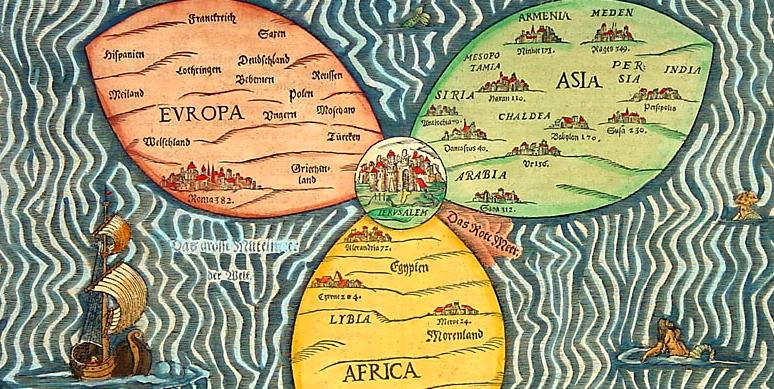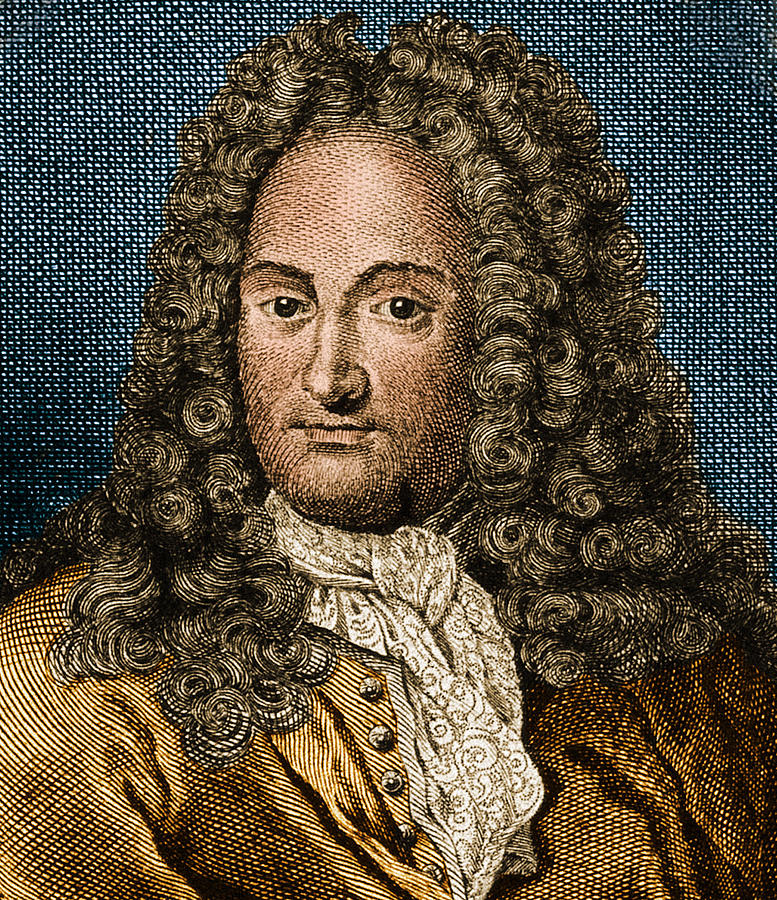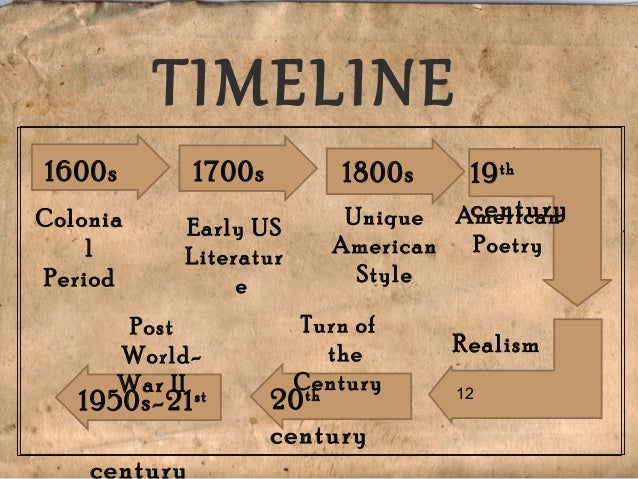Knowledge Explosion
Dale Hathaway
Spring 2021
Created: 2021-03-24 Wed 13:33
Development of Knowledge and Theology
The Rev. Dale C. Hathaway
March 23, 2021
Goals
- The aim of this presentation is not to go deeply into the vast expansion of knowledge and understanding of creation over the last 500 + years
- Some of it will be familiar to you, some of it, perhaps, will not be
- Goal is to suggest the vast impact all of this has on the development of Church Thought
- especially during the period covered by this course
Rapid expansion of knowledge
- Buckminster Fuller’s data, shown here in gray, displays his estimate for the doubling rate for accumulated knowledge.
- The time scale begins with Johannes Gutenberg, who lived from approximately 1398 to 1468, and ends in the 1970s. Doubling scale is the inverse of the time required to see the volume of accumulated knowledge double. As emphasized by the black dashed arrow, the doubling rate increased dramatically during the twentieth century.
Another view

Another view

Astronomy
Copernicus

Perspective of our place in the world
Renaissance-era mathematician, astronomer, and Catholic canon who formulated a model of the universe that placed the Sun rather than Earth at its center
Where is the center?

Global perspective

We understand that on the surface of a globe there is no center
Implication for theology
- Christianity is not the only religion on the planet or in history or in the universe
- Theology must take seriously the morality of how we treat the earth
- Interpretation of Genesis 1 – “Stewards of creation” or “Lords of creation”
Leibnitz / Newton

Calculus, originally called infinitesimal calculus or “the calculus of infinitesimals”, is the mathematical study of continuous change, in the same way that geometry is the study of shape and algebra is the study of generalizations of arithmetic operations.
It has two major branches, differential calculus and integral calculus; the former concerns instantaneous rates of change, and the slopes of curves, while integral calculus concerns accumulation of quantities, and areas under or between curves.
Precise measurement:
- Calculate navigating to the Orbiting Space Station, trip to the moon, etc.
- Google Maps navigation
Implication for theology
- measurements and claims in historical documents, including the Bible
Geography
New & hitherto unknown lands
New & hitherto unknown cultures

Exploitation? or Uncontaminated?
- European colonization
- What does it mean to be human?
Discovery of new Civilizations

Implication for theology
- how to understand mature spirituality of more ancient religions than Christianity
- Zen, Hinduism, Buddhism
Archaeology

Implication for theology
- confirmation of Biblical history, but dramatic challenge to much of it
- understanding and awareness of the development of doctrine
- understanding and awareness of the interplay between church and culture, doctrinal formulations and society
Rise of Science (& Technology)

- Empiricism vs. Idealism
- a priori vs. a posteriori
- the dramatic rise in scientific and technical knowledge of the last 500+ years has had astrounding impact on humanity
Implication for theology
- importance of evidence for the development and expression of Christian thought and Christian truth
Historical Critical Methodology
Or

Impact on Christian thought has been substantial
From Renaissance forward a vast developing science of interpretation.
- Dead Sea scrolls.
- understanding what is fake and a lie
- how interpret the evidence that we had? that is newly discovered?
Implication for theology
- interpretation, interpretation, interpretation
Psychology
:max_bytes(150000):strip_icc():format(webp)/The-Major-Branches-of-Psychology-4139786-final-15133a69be64406db16dc63cd97a3a17.png)
- inner-life of humans clearly has a significant impact on our lives – even when it is not fully understood
- some have gone so far as to explain religion in terms of psychological forces
Biology & Evolution

Impact on Theology
- the understanding of development
- understanding what nurtures and what destroys
- appreciation of diversity (bio-diversity)
- down to the present day some branches of Christianity have struggled with the impact of Darwin et al.
- challenges the exploitation of the earth and its plenty
Systems theory

simple description
Systems thinking is the ability or skill to perform problem solving in complex systems. A system is an entity with interrelated and interdependent parts; it is defined by its boundaries and is more than the sum of its parts (subsystem). Changing one part of the system affects other parts and the whole system, with predictable patterns of behavior.
Implication for theology
- proverbially statement from Chaos theory that “a butterfly in China has an impact on a hurricane in North America”
- inter-relationship of all things is now both a scientific as well as a religious reality
Chemistry

The periodic table, also known as the periodic table of elements, is a tabular display of the chemical elements, which are arranged by atomic number, electron configuration, and recurring chemical properties. (Wikipedia)
Impact
Beginning in the 18th c. the relationships between elements began to be understood, culminating in the periodic table,
- our way of life is impossible to imagine without the results of vast chemical knowledge
- the changes fashioned on humanity and on the earth are vast and difficult to fathom
- “The future is plastic” from the movie The Graduate
- it has played its part in the development of vaccines
Implication for theology
- taking into account how unseen matters affect the visible world
Medicine

- changed the modern world, life-expectancy, comfort, convenience
- brought new and unexpected realities to human life: birth-control, transplants, surgery, treatment for disease
Implication for theology
- moral questions that are seen in a new light
In summary
- How do we interpret the Bible
- It is impossible now to deny that theology has developed (Newman)
- Christianity cannot think of itself as triumphant
- traditional morality is inadequate from a number of perspectives.
And
- how is it possible to incorporate religious perspectives from other cultures and religions
- doctrinal statements and positions were developed through interplay of cultural, social, and political forces.
- to maintain that all truth is found in the Bible seems untenable – yet it is firmly maintained by some
- theology can no longer be done in a vacuum without interaction with all these disciplines
And
- some Christian traditions are clearly more open than others to the truth claims of empirical evidence
- exploitation understood as sin
- complicity in violence and genocide